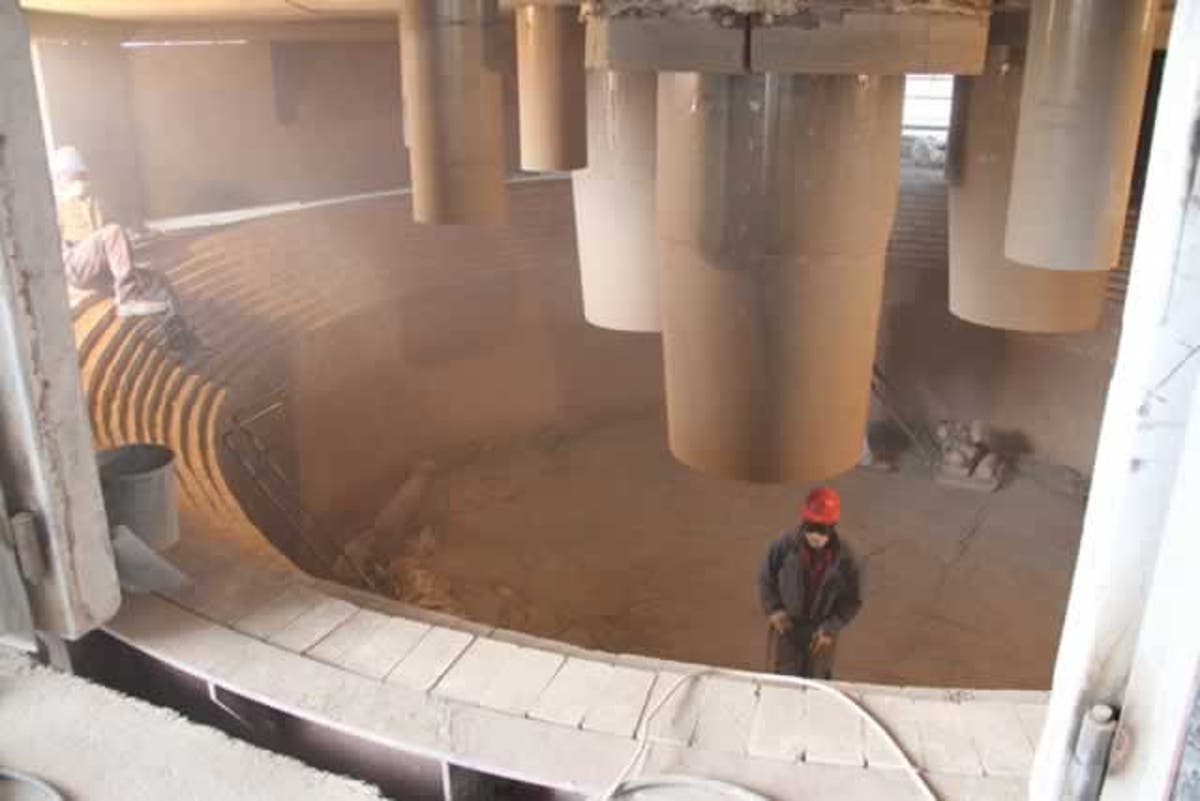Smelter input: BNC engages Zambian firm
BINDURA Nickel Corporation (BNC) is talking to an unnamed Zambian mining company over potential feedstock supply to utilise excess capacity at its smelter in Bindura upon completion.
The discussions with the Zambian firm, which is into copper and nickel production, is part of several projects by BNC to increase feedstock supply to its smelting plant, which is undergoing upgrades to increase capacity to 160 000 tonnes of nickel concentrate.
In 2022, the firm produced 5,082 tonnes of nickel — inconcentrate.
The refurbishments have reached 83 percent completion.
At its peak, BNC’s Trojan Nickel Mine would only provide 33 percent of the required feed for the smelter while material would also come from Madziwa, Epoch and Shangani mines.
In an interview after a media tour of one of the firm’s operations, Trojan Nickel Mine, organised by Kuvimba Mining House (KMH) in Bindura last week, BNC managing director Engineer Thomas Lusiyano said the smelter was a huge capacity infrastructure that has been lying idle since 2008.
“What we are going through right now are two options. Firstly, is to look for feed from within our own resources to feed that smelter, which was formerly known as Bindura Smelter and Refinery.
“As we speak, we have signed an NDA (Non Disclosure Agreement) with a huge Zambian entity that intends to mine nickel and copper in Zambia and they are trying to avoid the cost of installing a new smelter, so they intend to utilise our smelter,” he said.
Following the acquisition of BNC by KMH a few years ago, the Victoria Falls Stock Exchange listed has received a new lease of life after one of the firm’s main operations, Trojan Nickel Mine, started transitioning from low volume-high grade mining model to a high volume-low grade strategy,
with 12,5 million tonnes of ore.
KMH, in which the Government is a major shareholder was established a few years ago as part of efforts to revamp mothballed or defunct mines to boost output in tandem with the Second Republic’s national development agenda.
While the new business model adopted by Trojan Nickel Mine would boost output and increase feedstock to the smelter, the mine’s life span has been extended by at least 12 years from three years before KMH took over BNC.
BNC is also embarking on greenfield projects that will increase feedstock into the smelter, which will be resuscitated after it was mothballed in 2008 due to limited feedstock.
The mothballing of BNC’s smelter followed the closure of the firm’s other production assets such as Shangani and Epoch mines between 1999 and 2000.
“What we are looking at the moment is to institute our own projects internally, open up new mines particularly Kingston Hill which is four kilometres from here (Trojan Mine) and Hunters Road between Kwekwe and Gweru so that we get enough feed for that smelter,” said Eng Lusiyano.
The Kingston Hill is estimated to hold 120 million tonnes of ore that has remained untapped over the years.
Eng Lusiyano said the coming in of KMH has enabled BNC to advance the Kingston Hill project, which is undergoing exploration drilling.
“What we are doing now is exploration drilling and the initial cost of that first phase of exploration drilling is US$1 million, obviously with other expenses that are coming in fuel and the like, we expect it to go up to US$1,5 million.
“We also expect to undertake a second phase of exploration that will cost us another US$1,5 million thereafter we will go through a feasibility study process for us to be able to say whether we have an economically viable project or not. But we are looking at a very viable operation,” he said-herald








